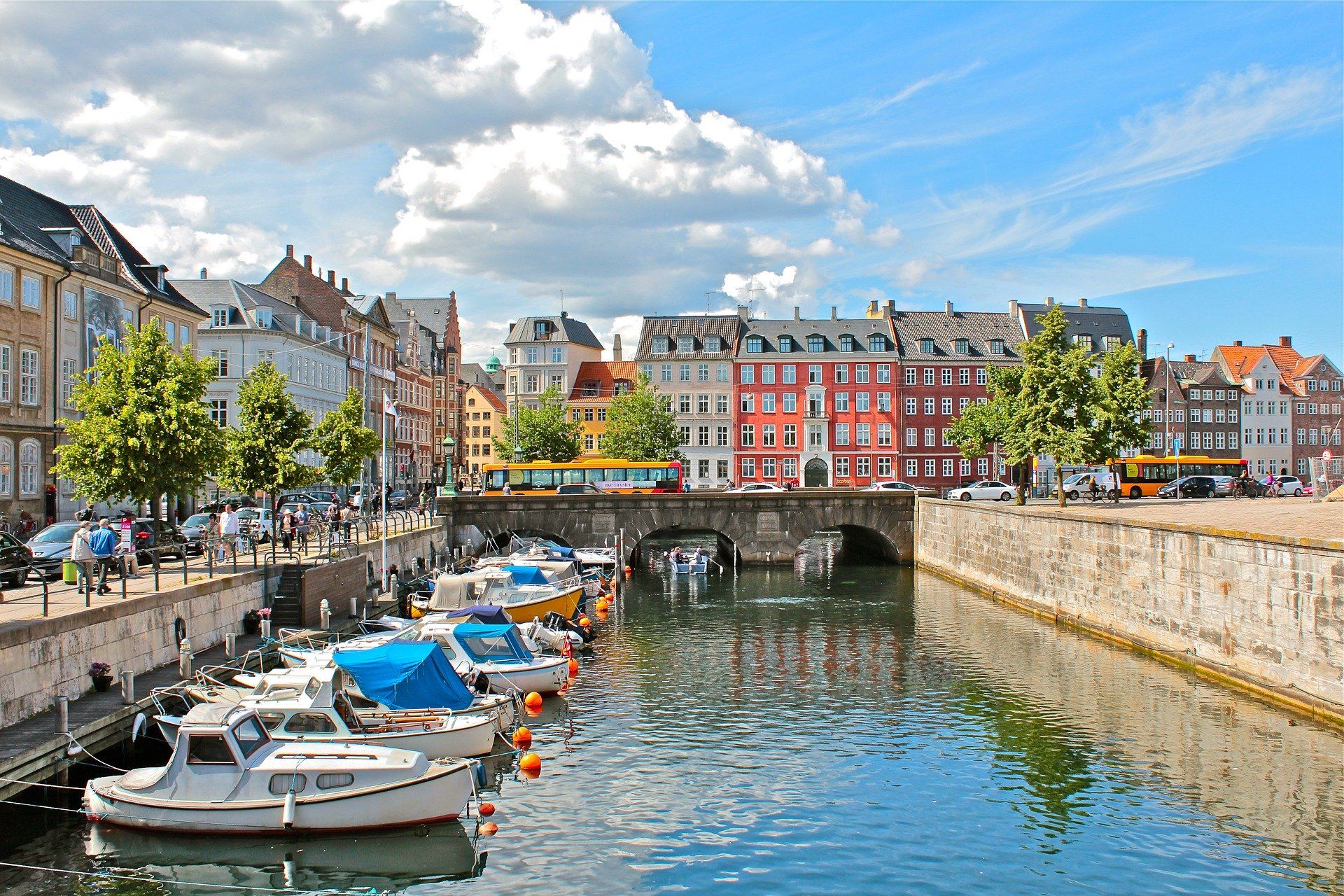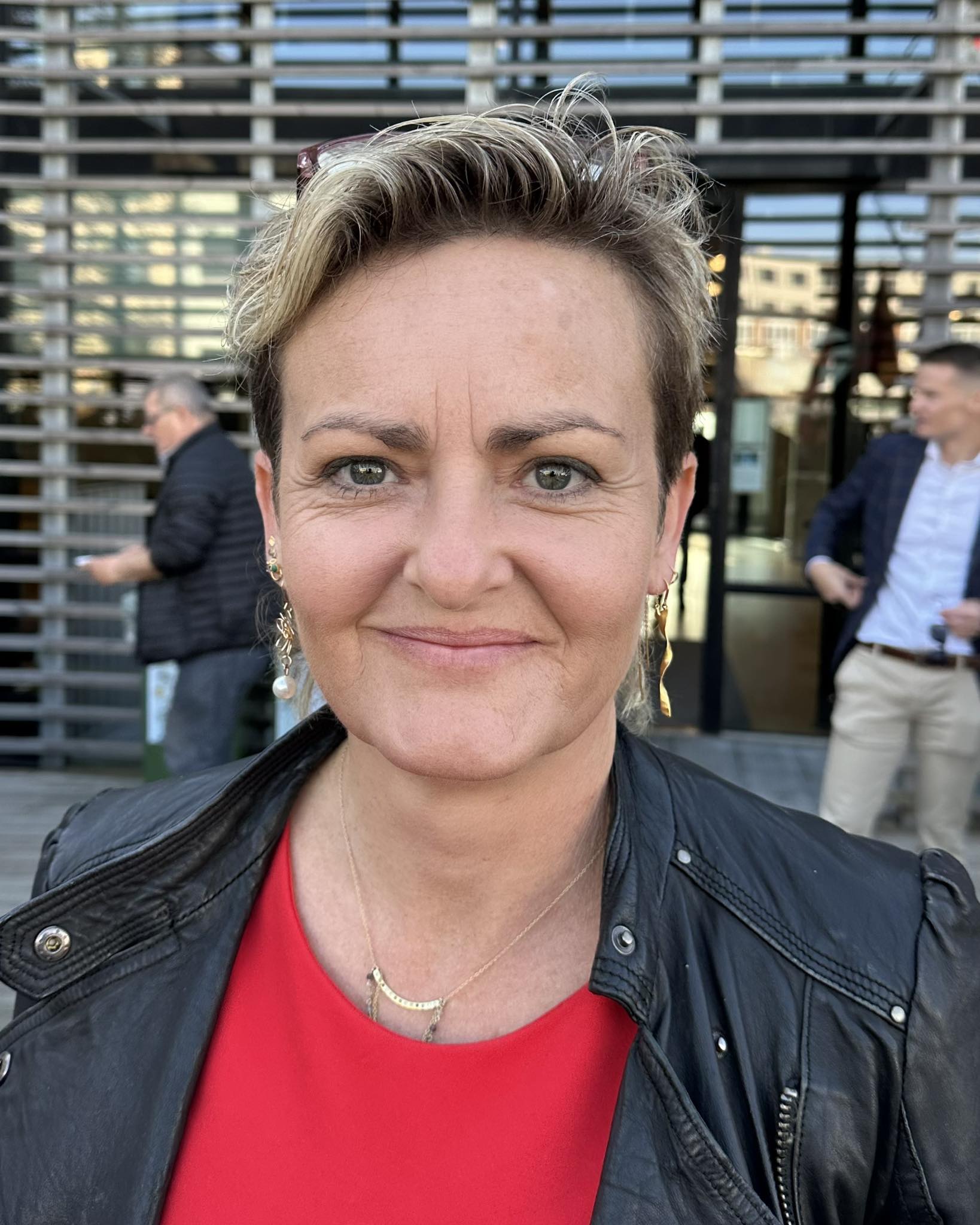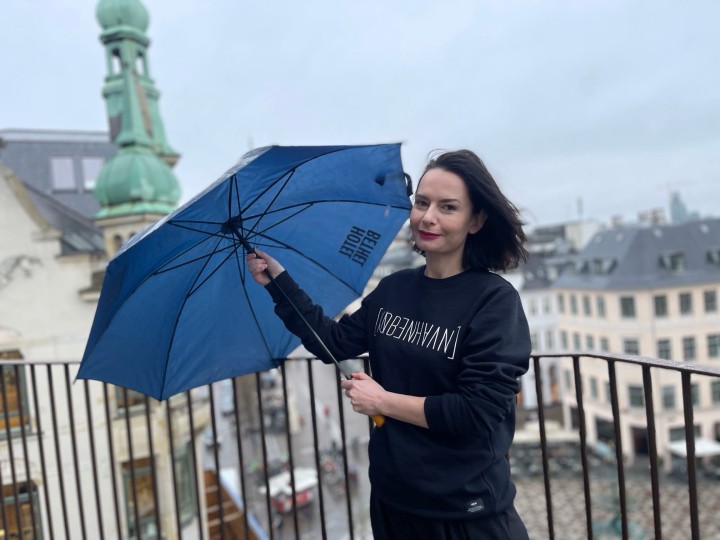Some 54 percent of Danes would like to make a will, according to a survey conducted by Analyse Danmark for the Det Gode Testamente organisation, but only 19 percent have one written down.
Without a will in writing, a dead person’s estate will pass to their next-of-kin, often preventing good causes from benefiting.
With this in mind perhaps, Det Gode Testamente, a collaboration between 33 charitable organisations, was set up in association with partners Danske Familieadvokater and Danske Arveretsadvokater.
Dorte Hee, a project leader at Det Gode Testamente, welcomed the news. “It is extremely positive reading that so many want to write wills,” she said.
Fear of death and angry relatives
Gertrud Øllgaard, an anthropologist at Niras, believes that many people don’t make a will to avoid offending relatives beyond the grave – for example, by leaving them out in favour of charitable causes.
Family members are more accepting of the estate passing on to the next-of-kin, she says, although in cases when a couple are not married it can be disastrous for the surviving partner.
Some are put off because they don’t want to worry about their own deaths, claims Øllgaard.
“Some people feel as if it brings death closer, as a will tends to be all about when they die, not if they die,” she said.
But Hee contends that making a will can bring “calm and balance”, particularly if it “reflects one’s heartfelt wish to help”.














